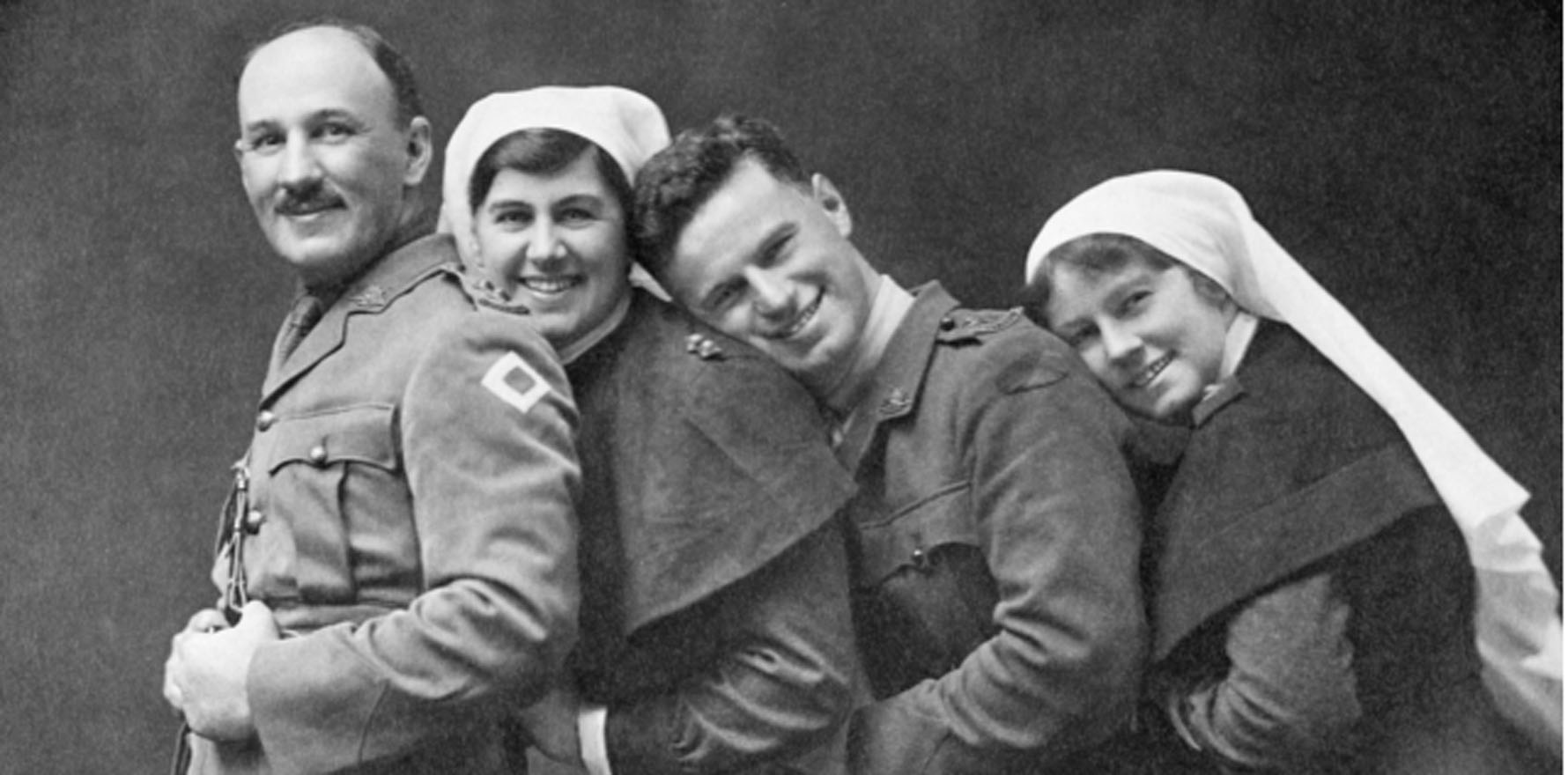GPs caring for trauma-affected military veterans and family members now have back-up from a dedicated support service
GPs and other health professionals caring for trauma-affected military veterans and family members now have back-up from a dedicated support service.
Brisbane GP Dr Phil Parker, a 27-year Army vet with a special interest in the mental health of former defence personnel, says the free service is a response to the rising toll of psychological distress in this patient group.
“Any practitioners around Australia – they could be GPs, psychiatrists, social workers, anyone who is looking after a veteran with mental health issues and struggling – can ring the practitioner service for guidance and support,” he said.
Dr Parker is the GP adviser for the service, launched in July, which is run by Phoenix Australia and funded by the Department of Veteran affairs.
Statistics show returned vets have twice the rate of suicidal ideation, and a much higher suicide rate, than the general population. More Australian ex-service personnel have taken their own lives than were killed on deployment, Dr Parker said.
Patients who had been scarred mentally by their experiences in the military found it hard to get support, and GPs who wanted to help them often lacked appropriate background knowledge, he said.
“They obviously need to know a bit about Veterans Affairs processes, which are a little bit complicated, and about what people did in the service and what was expected of them,” Dr Parker said.
“Many GPs don’t know what resources are out there to help them,” he added.
Through the service, doctors working with vets can get expert specialist advice on how to treat and support patients with pain, complex PTSD and other mental health issues.
The Melbourne-based support service has a core team of psychologists, with psychiatrists, a GP and a social worker on call.
In a recent case, Dr Parker intervened to help a young military veteran, with a partner and four children under the age of 10, who had made several suicide attempts and was not receiving appropriate psychological support.
The call came from a social worker who had “hit the wall” and did not know what to do.
“We had to step in and address it,” he said.
The Phoenix Australia Centre for Posttraumatic Mental Health also houses a treatment research unit and offers online resources and professional development.
Health providers can contact the service by calling 1800 VET 777 or via the website at anzaccentre.org.au.
Image credit: Australian War Memorial


